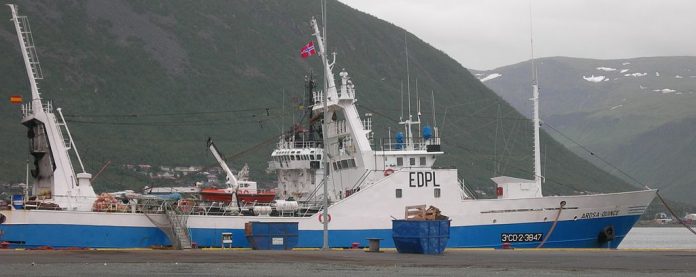Illegal, unreported and unregulated fishing is on the rise globally. As worldwide consumption of fish rises, 85% of fish species have been harvested to their biological limit.
This has led to a boom in something called fish laundering. The fish are laundered through a process called transshipment, whereby large cargo ships with proper fishing permits rendezvous on the high seas with smaller, illegal fishing vessels to receive their daily catch.
As reported by Organized Crime and Corruption Reporting Project (OCCRP) online, the trade in illegal fishing products linked to criminal activity accounts for up to $23.5bn a year.
To tackle this, the EU signed the “landmark” funding agreement with several marine agencies at the Pacific Islands Forum meeting in Naura on September 5.
The agreement seeks to more closely monitor fishing practices and crack down on violations.
Christopher Wagner of the EU delegation for the Pacific said regulation of illegal catches passing through Pacific ports will improve, and prosecutions and fines will increase.
“What we are supporting through this programme is to develop new technologies and monitoring, for example drones, we are also working through the FFA (Forum Fisheries Association) with the countries to look more at trans-shipments,” he told Radio New Zealand.
“Oceans are essential, ensuring food, livelihoods, biodiversity and climate resilience. They are increasingly under threat through unsustainable management practices, accelerated by the negative effects of climate change,” Jean-Louis Ville, who heads the European Commission’s regional unit, said.
“So if we do not act today, we compromise all of our tomorrows,” he added.

